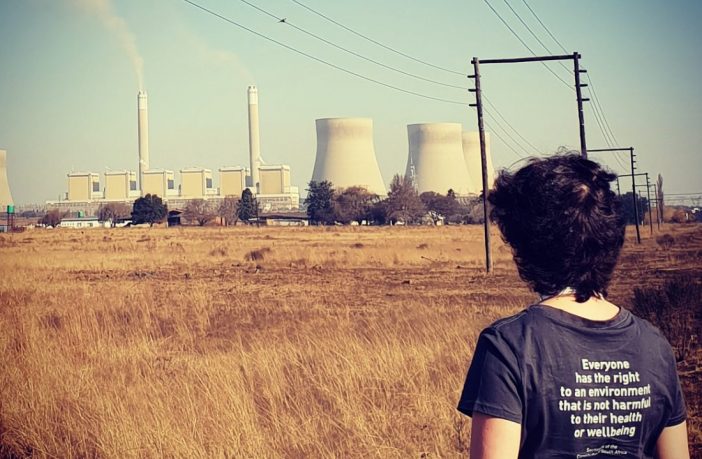- Large-scale projects for the roll-out of gas, electricity, water, solar and other infrastructure projects will be given exemption from the need for environmental authorisation in terms of notices gazetted by the government on 31 July 2020.
“This is certain to excite strong opposition from environmental lobby groups which have laboured for years to enforce compliance with the laws and regulations already in place,” said Rob Hutchinson, MD of Dear South Africa, a non-profit organisation.
According to the NPO, one of the possible motivations for the proposed exemptions is the need to fast-track infrastructure development. “After nearly five months of lockdown, and an estimated three million jobs lost, authorities are under pressure to fast-track massive infrastructure developments to get the economy moving again.”
The National Environmental Management Act allows the minister to exclude certain activities and projects from the need to obtain environmental authorisation provided an “environmental management instrument” is developed that avoids, manages and mitigates environmental risks associated with the projects.
This is a way of speeding up infrastructure development without having to go through the often “agonising process of undertaking environmental assessments and approvals”, said Hutchinson. Going through the usual environmental hoops can take several years, and that adds to the eventual cost of infrastructural development, he explained.
Alternative to environmental assessments
Should government scrap the need for the assessments, this does not mean that environmental issues will be neglected.
The “environmental management instrument” is supposed to take care of that, though there is understandable suspicion that this may be a way of side-stepping environmental regulations imposed on all other projects that do not enjoy exemptions, said Hutchinson in a statement.
A series of environmental authorisation exemptions have been proposed that would cover virtually all major gas pipeline projects currently under consideration.
This is achieved through the adoption of a generic environmental management programme for gas pipeline infrastructure.
Exemptions are also proposed for electricity transmission and distribution powerline infrastructure falling within certain geographical areas known as Strategic Transmission Corridors.
There are five primary corridors (and two extensions) for electricity transmission and distribution: from Limpopo to Gauteng; Gauteng to the Northern Cape; Gauteng to the Western Cape; Kwazulu-Natal to the Western Cape; and the Western Cape to the Northern Cape.
Should more than 10% of the proposed electricity transmission and distribution powerline infrastructure fall outside these corridors, the entire project is subject to the Environmental Impact Assessment Regulations which were published in 2014.
A new environmental standard has been developed for these geographical areas which would exclude electricity transmission and distribution powerline infrastructure from having to obtain environmental authorisation.
Public comment
The Minister of Forestry, Fisheries and the Environment has also set management and mitigation standards that would exempt landcare, ecosystems and working for water projects from the need to obtain environmental authorisation.
The South African public is invited to provide input on procedures to be followed when applying for, and deciding on Renewable Energy Development Zones (REDZ).
The opportunity for the public to comment closes on 4 September 2020.
Author: Nicolette Pombo-van Zyl
This article was originally published on ESI Africa and is republished with permission with minor editorial changes.















